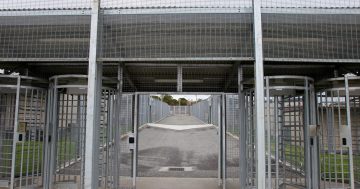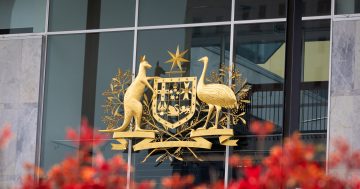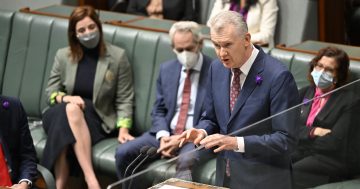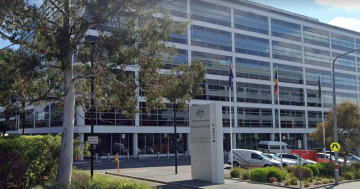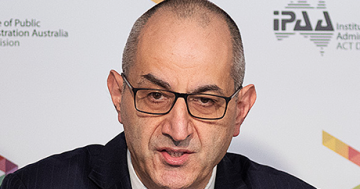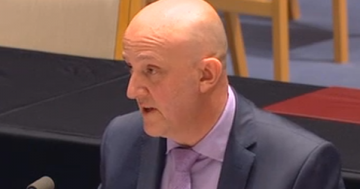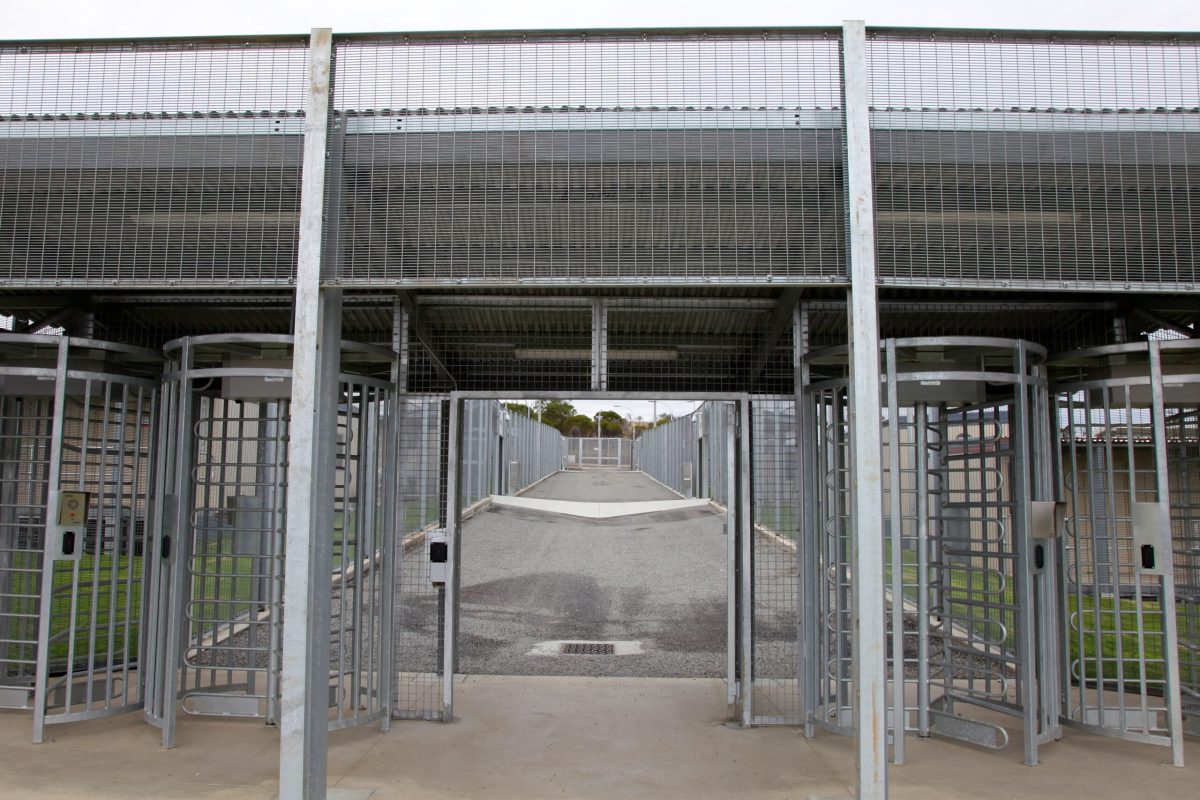
The commission conducts ongoing monitoring of human rights conditions in detention facilities like Yongah Hill, to ensure Australia’s system complies with its obligations under international human rights law. Photo: Creative Commons.
The Department of Home Affairs has pushed back against some claims made by the Australian Human Rights Commission, which raised concerns over safety conditions for detainees and staff at the Yongah Hill Immigration Detention Centre.
An inspection report by the commission found parts of the high-security immigration detention centre were “no longer fit for purpose”.
Thirty-three recommendations were made to Home Affairs for improving conditions at Yongah Hill and all other immigration detention centres under Australian jurisdiction.
Of those, 22 were either fully or partially accepted with the Department claiming some had already been addressed, and six required government consideration.
However, the remaining seven – mainly concerning accessibility to health and education services – were rejected.
Last year the commission conducted inspections, interviews and consultations over two days at the adult male facility, which is 100 kilometres northeast of Perth in Northam, Western Australia.
Led by Human Rights Commissioner Lorraine Finlay, the report stated there was a “lack of access to healthcare”, including emergency, out-of-hours, and mental health services, along with a rise in behaviours frequently associated with the prison system, such as the trafficking of drugs and other contraband, violence, bullying and standover tactics.
Many of the almost 200 detainees at Yongah Hill were detained for arriving by sea or having their visa cancelled based on character grounds.
Commissioner Finlay said their welfare was closely linked to overall safety at Yongah Hill, which over the years had seen multiple riots and assaults, along with an attempted suicide and escape via tunnelling.
The inspection came before the High Court ruling of NZYQ v Minister for Immigration, Citizenship and Multicultural Affairs. This decision found unlawful non-citizens could not be kept in indefinite immigration detention once there was no real prospect of their removal from Australia.
Protests began at Yongah Hill following the High Court decision in November, as it saw 148 detainees released from indefinite detention.
Commissioner Finlay said a majority of the people interviewed told investigators they felt unsafe in detention, and the detainees’ response to the ruling made it clear that community safety must not be compromised.
“The welfare and safety of both detainees and staff must be paramount,” she said. “But there must be a nuanced approach.
“Drug infiltration and substance misuse is a multifaceted and complex issue, one which cannot simply be resolved through tighter security measures.
“Access to essential health services, rehabilitation and meaningful activity must be urgently addressed.”
In response to a surge of people arriving by boat from Cambodia, the Federal Government introduced the Migration Amendment Act 1992. Under the act, Australian detainees do not have the right to health and education services.
However, the Department of Home Affairs explained its rejections of the commission’s recommendations were made because Yongah Hill detainees already had sufficient access to these services “broadly comparable to those available in the Australian community”.
“Under the current health services delivery model, the Department and DHSP have processes in place that are designed to respond to the majority of health events, including clinical responses and the operation of an after-hours Health Advice Service,” Home Affairs said in their response.
“Where medical management and treatment requirements occur out of hours, the current Health Assistance Service triage process, which is linked to tertiary health care i.e. hospital and emergency ambulance services, is aligned with existing standards for the broader community.”
Commissioner Finlay welcomed the Department’s cooperation in enabling inspections and for accepting a substantial number of their recommendations. However, she said the commission believed all 33 recommendations should be accepted and acted upon.
The number of people in closed immigration detention like those at Yongah Hill, has dropped significantly over the past decade. At its peak in July 2013 there were more than 10,000 people in detention, but as of 31 December 2023, there were only 872.
Throughout last year the average period in closed detention also declined, but it is still far higher than in comparable jurisdictions like Canada and the United Kingdom. In January it was 806 days – the highest level ever recorded – and by 30 December it reduced to 625.
The commission welcomed both trends, but said they continue to have ongoing concerns about the health, safety, and overall wellbeing for those who remain in detention.


